Stella Network is thrilled to announce that its first STEM E Talks will be held on Friday, April 24, 2020. Event will begin promptly at 4 p.m. CEST and run through 5:30 p.m..
Our mission is to stimulate and sustain the interest of youth in science, technology, engineering and math (STEM). The event includes a range of speakers covering different STEM topics and connections to exciting STEM careers.
STEM E-TALKS is a FREE event for all. Pre-register for STEM E-Talks by clicking the link below https://bit.ly/STEAM-ETALKS . Anyone who submitted a request will receive an email regarding acceptance within 48 hours. Two days before the event we will send a zoom link to your mail in order to be able to join the discussion.
Stella’s
First STEM E-Talk
Speakers:
Egzona
Morina (Stella mentor) is interested in
figuring out the neural circuitry of sensory guided motor learning.She
completed her MSc in Neuroscience and Education from Columbia University in
2015. She joined the Murray lab in September 2017 and is currently working on
developing a behavioural task that will provide more information about how
anticipatory postural adjustments occur in motor movements, after multisensory
integration. Eventually she would like to develop an anatomical map of the
neural circuitry that enables these adjustments.
(https://www.sainsburywellcome.org/web/people/egzona-morina)
Marta
Huelin Gorriz investigates
the role of cortico-hippocampal interactions underlying memory consolidation.
By using large-scale electrophysiological recording methods combined with
optogenetics, she will study the circuitry underlying the spatio-temporal flow
of information between the auditory cortex and hippocampus during replay.
(https://www.ucl.ac.uk/pals/research/experimental-psychology/person/marta-huelin-gorriz/)
Sarah
Olesen has a broad interest in
understanding the circuits underlying learning and decision-making. She is
currently in her first year on the SWC PhD programme, where she will rotate in
different labs in line with these research interests.(https://www.sainsburywellcome.org/web/people/sarah-olesen)
Oriol
Pavon Arocas is an
alumnus from the Universitat Autònoma de Barcelona, where he obtained a BSc in
Biomedical Sciences, and from the Graduate School of Systemic Neurosciences at
the Ludwig-Maximilians-Universität in Munich, where he completed an MSc in
Neurosciences. In 2016 he moved to London to join the Wellcome Trust 4-Year PhD
in Neuroscience at UCL and completed a first year of rotations. For his PhD
project in the Branco group, he is combining whole-cell patch-clamp recordings
and single-cell RNA. (https://www.sainsburywellcome.org/web/people/oriol-pavon-arocas)
Daniel
Regester moved to the Sainsbury Wellcome
Centre as a PhD student after gaining his undergraduate MSci degree in
Neuroscience from University College London. At the SWC Daniel is continuing
his interest in social behaviour in the lab of Yoh Isogai. He is focused on the
precise neural circuit and computational mechanism that underlie the processing
of social sensory information within the brain.
(https://www.sainsburywellcome.org/web/people/daniel-regester)
Federico
Claudi is a PhD student in the Branco Lab
where he aims to combine innate threat responses with spatial navigation to
investigate decision making strategy in rodents. Federico’s novel behavioural
task aims to facilitate the detailed description of how environmental factors
influence decision making strategy selection at a behavioural level. This, in
turn, will lead to the formulation of specific testable hypotheses about the
neuronal and computational mechanisms underlying this complex behaviour.(https://www.sainsburywellcome.org/web/people/federico-claudi)
Moderator
Dr
Vigjilenca Abazi One
of the co-founders of Stella and a firm believer that a good mentor can
contribute to positive life-changing decisions and attaining our own potential.
She is an Assistant Professor at Maastricht University, does research on
whistleblower protection and teaches EU law. In her latest book, Vigjilenca
shows how government secrets impact democratic oversight and fundamental rights
in the European Union (you can find a book copy here: https://bit.ly/2VGcXlz).

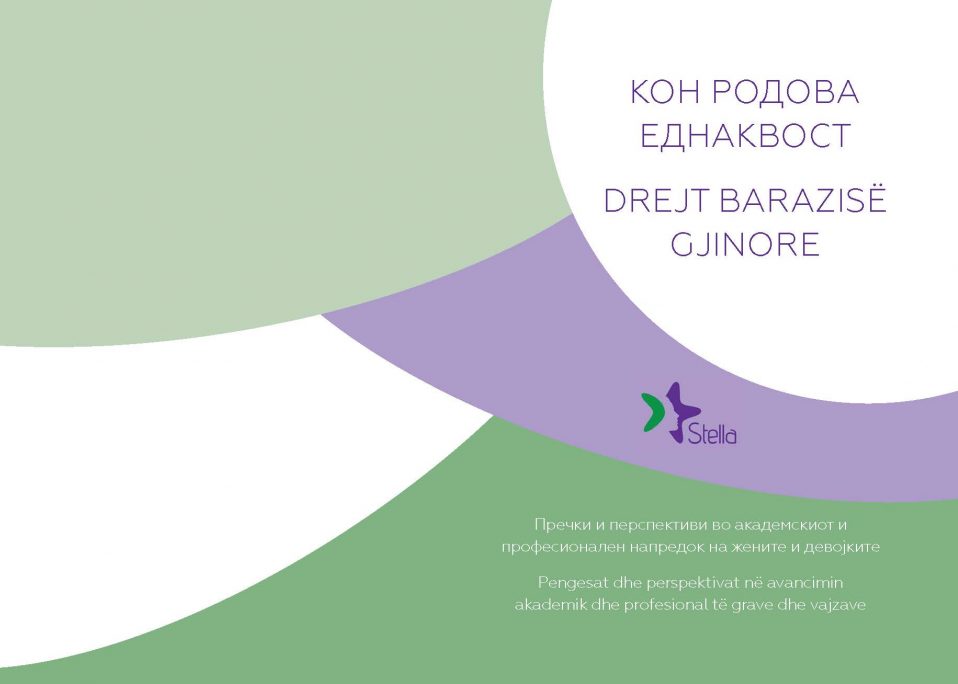




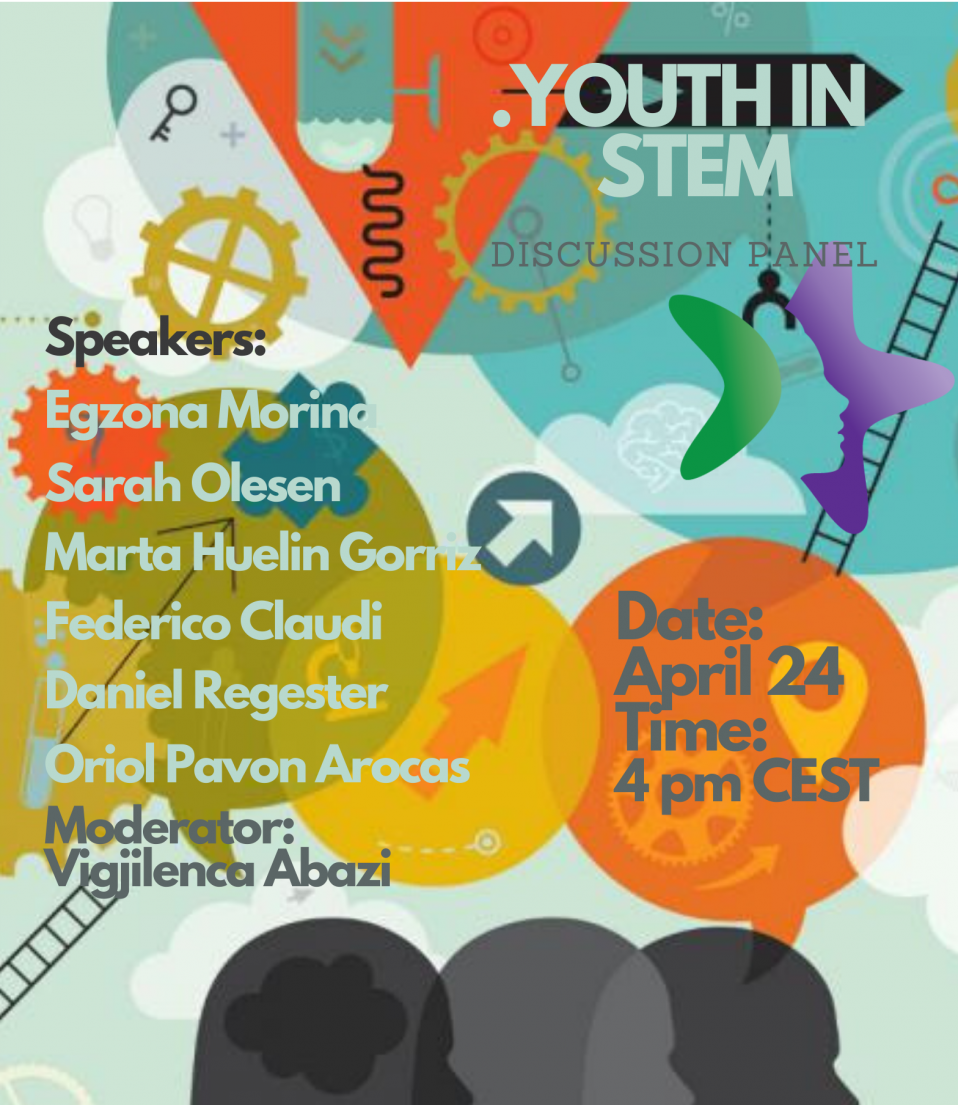

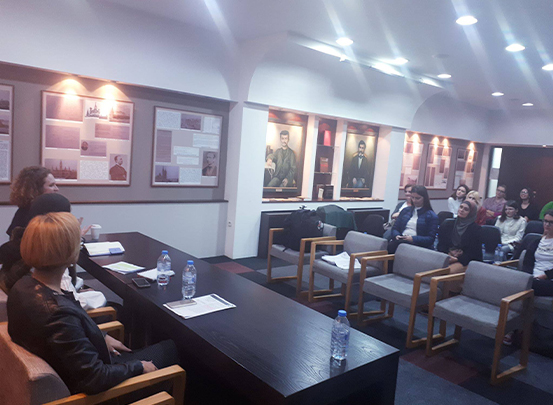
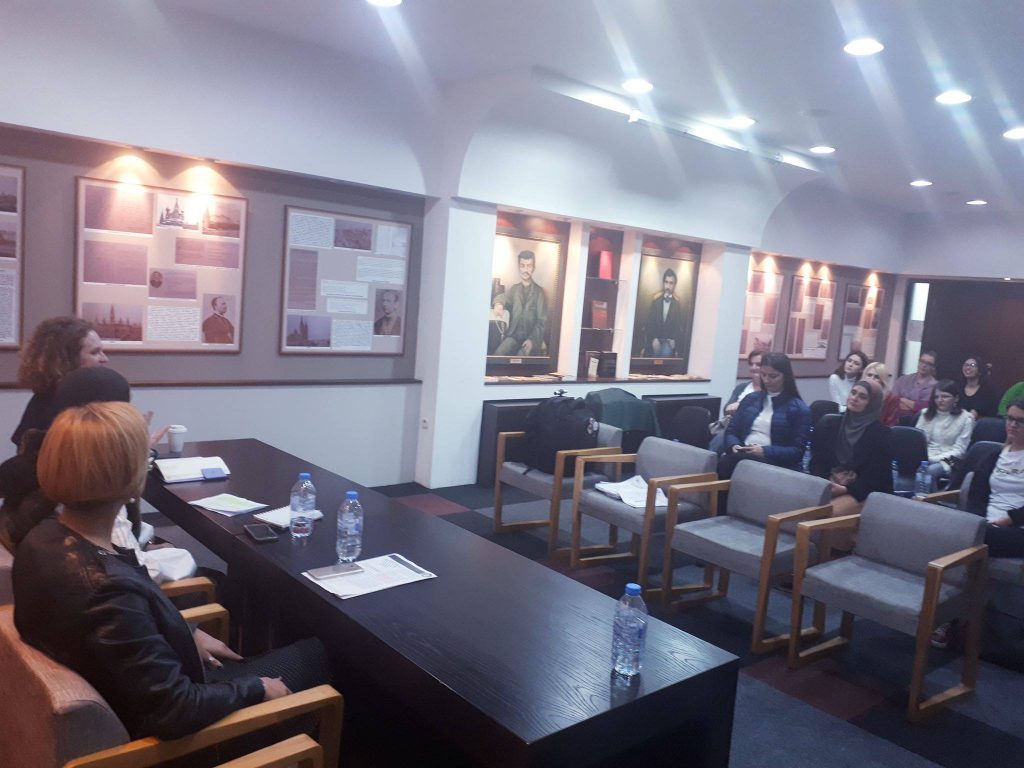
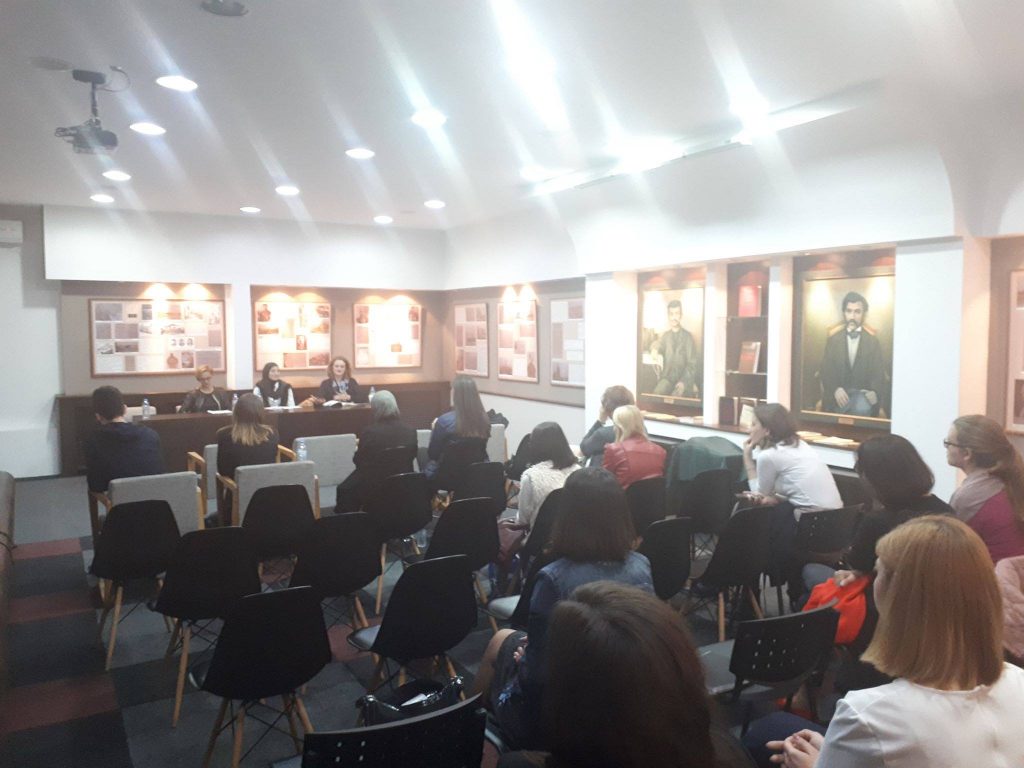
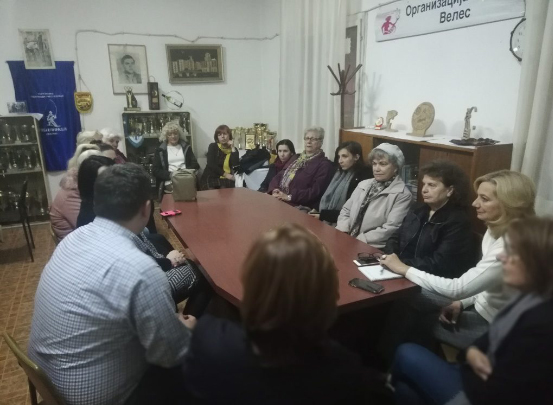
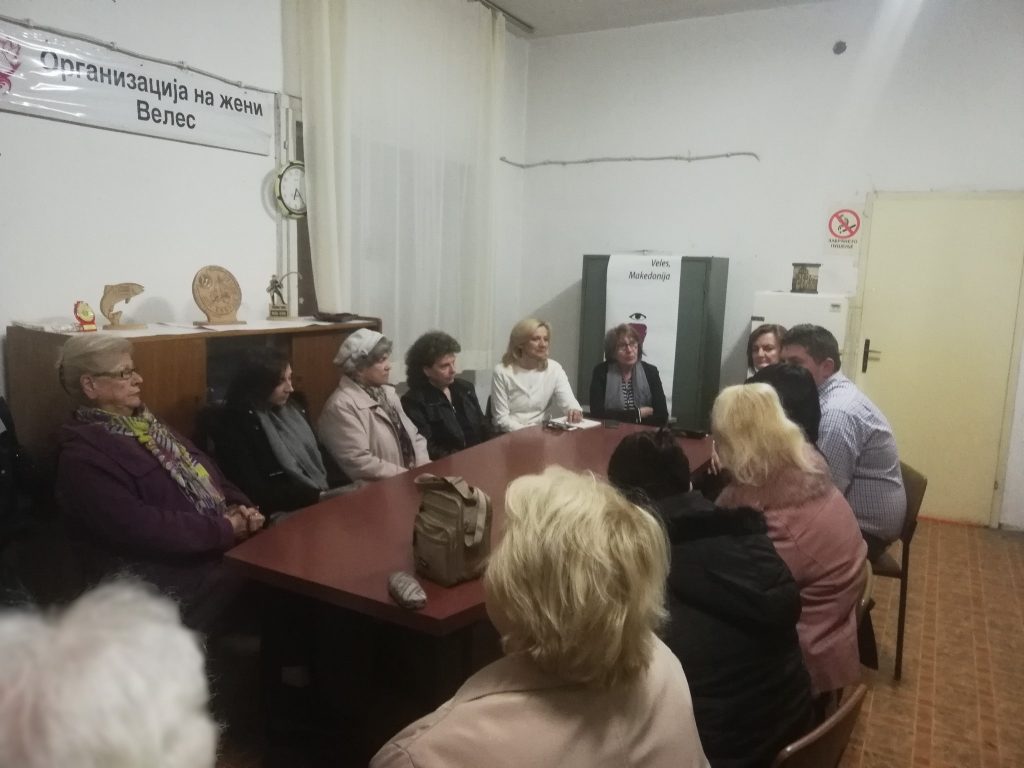
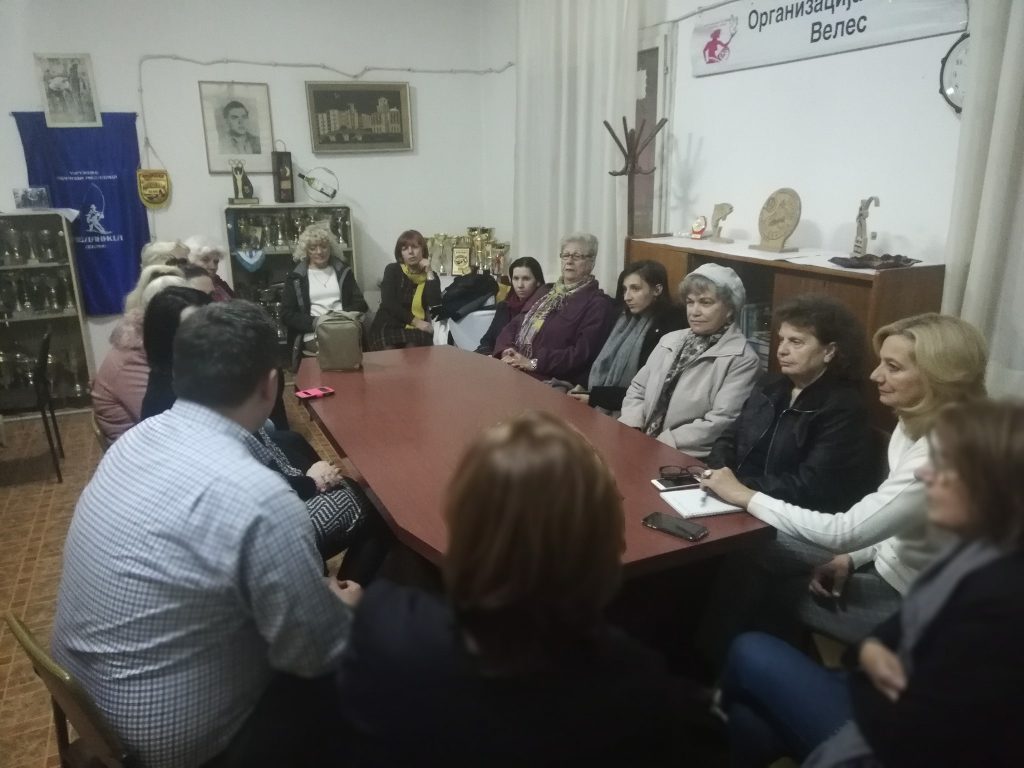
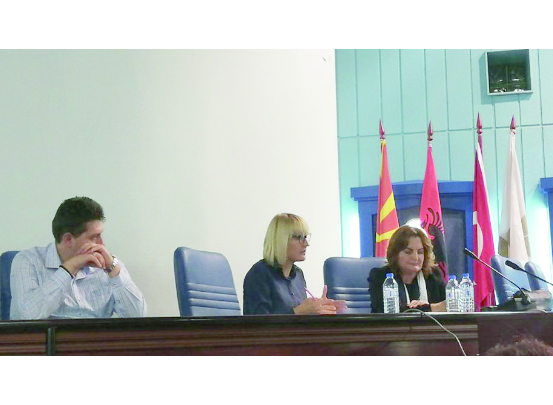

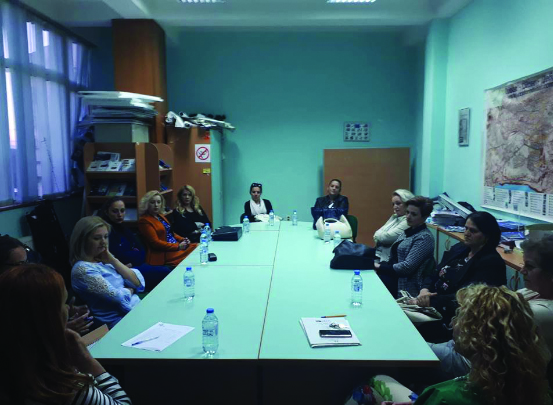
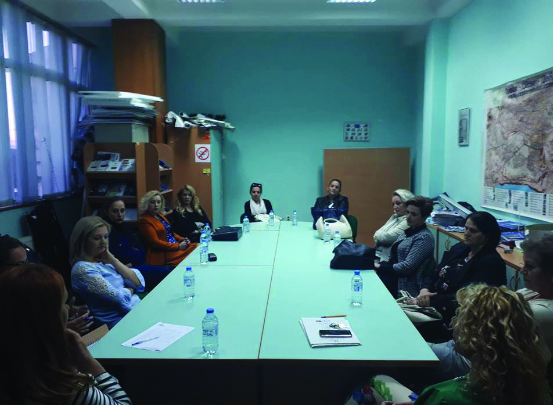
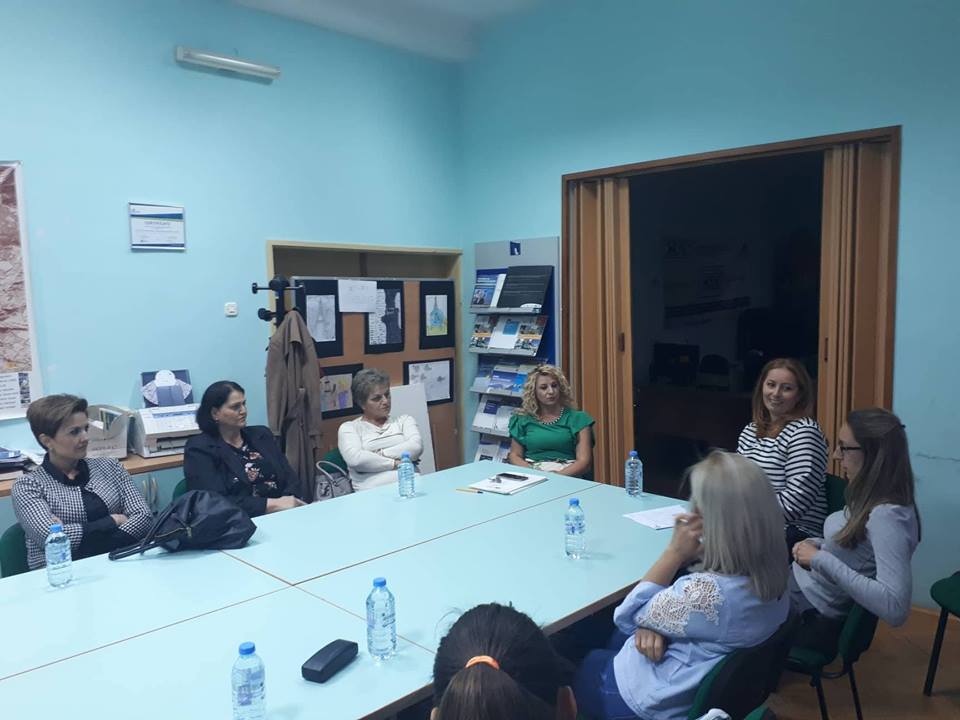
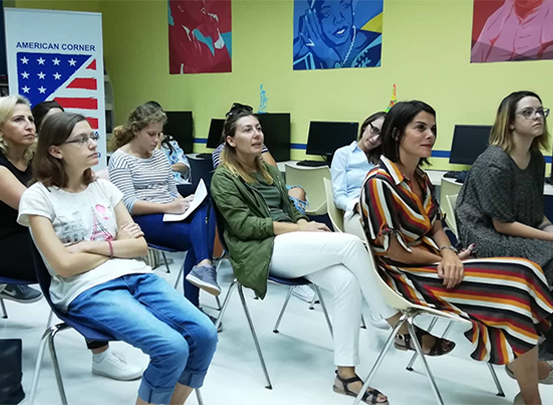
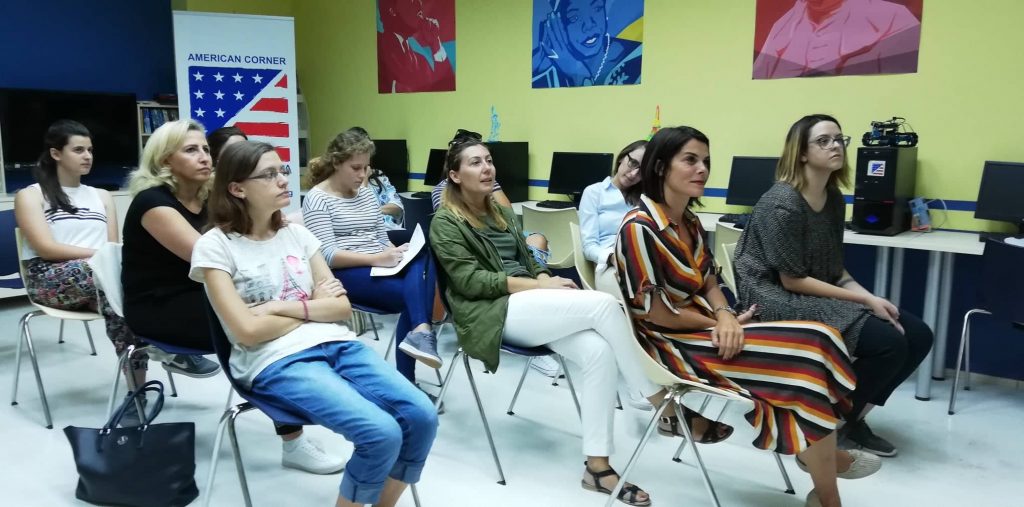
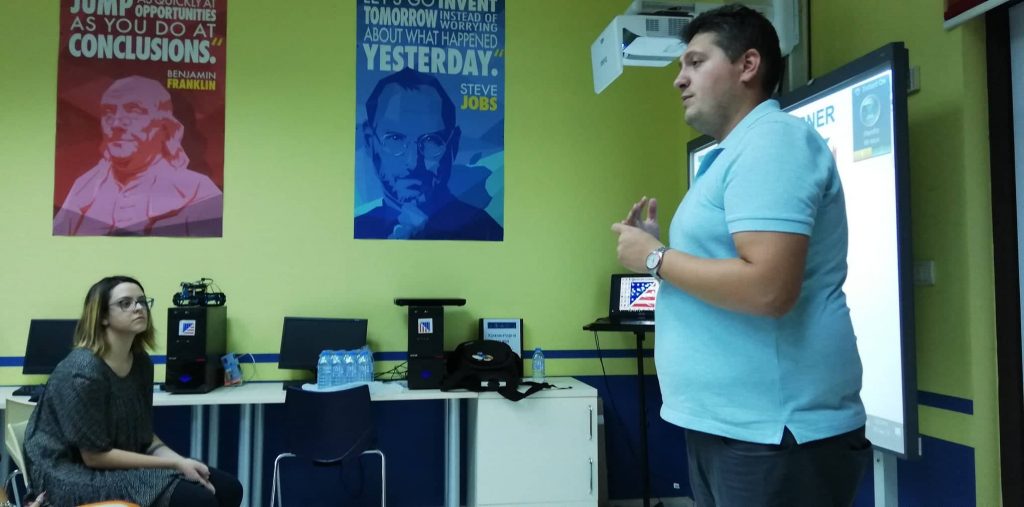
Recent Comments